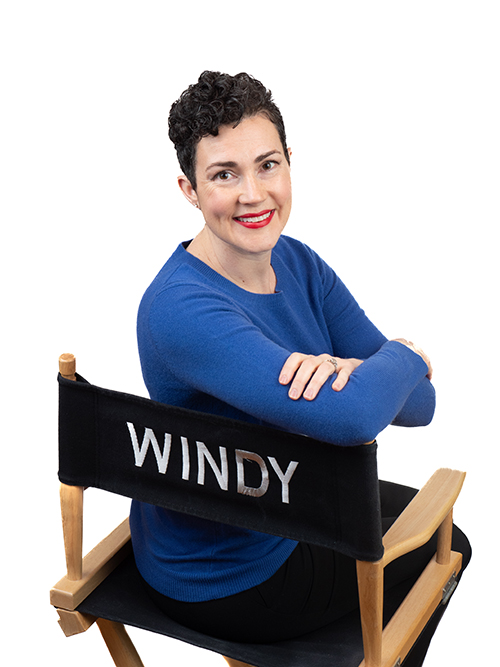On March 27, 2010, I attended the Performing Animals Welfare Society (PAWS) Summit for Elephants. It was wonderful to be in a room full of elephant advocates and brainstorm about how to protect Asian and African elephants in captivity and the wild. Those in attendance included:
- Sharon Niel, Conservationist and Author
- Don Tayloe, Director of The Last Elephants in Thailand documentary
- Patricia McEachern, Ph.D., Director of Drury University Forum on Animal Rights
- Julie Woodyer, Director of Zoocheck Canada
- Tim Phillips and Jan Creamer, Animal Defenders International
- Chris Draper, Born Free
- Catherine Doyle, Director of In Defense of Animals (IDA) Elephant Campaign
- and, of course, Pat Derby and Ed Stewart, PAWS founders.
I drove from San Francisco to PAWS in San Andreas particularly to hear Don Tayloe speak about Thai Elephants, the subject of The Eyes of Thailand documentary. Mr. Tayloe attempted to summarize the problems facing Thailand’s Elephants–a huge, complex issue–in an hour-long presentation and he managed to cover a lot of ground. First, he spoke out against “elephant painting“, which caused a bit of a ruckus among some zoo representatives who allow their elephants to paint abstractly but claim they have not taught or trained them to create the paintings made popular by the internet. Next, he explained the loophole in Thailand’s Draft Animal Act of 1939 that classifies domesticated/captive Asian Elephants as “livestock” not “endangered species”, even if they were captured from the wild, so international rulings by CITES, et al do not apply to Thailand’s captive elephants. Finally, he discussed the exportation of Thai elephants to zoos or other captive environments in China, Japan and Australia, which Soraida Salwala, founder of the Friends of the Asian Elephant (FAE) Elephant Hospital and featured in The Eyes of Thailand, protests. While there is no proof that the U.S. has not imported any elephants from Thailand, Tayloe quoted a well-known belief among zoo directors that “If you want to increase your zoo attendance, get yourself a baby elephant”, a sad, but true fact for everyone at the Elephant Summit.

Don Tayloe with Motala (before she received her prosthesis) at FAE's Elephant Hospital
The afternoon wrapped with an open forum about how to move forward led by Patricia McEachern, Ph.D., Director of Drury University Forum on Animal Rights. This conversation was very exciting not only because Dr. McEachern is creating the country’s first Animal Rights minor at a U.S. University, but also because of her vision for redefining the language we use to discuss animals by incorporating experts in philosophy, criminology, psychology, biology, religion and literature in the first Animal Ethics class. What excited me the most about what Dr. McEachern is doing is that she’s educating the next generation of global citizens about issues that will only become more important as conflict for resources grows. I also think video and social media need to be added to the mix, so I spoke with her after and suggested she add a survey of animals in film and/or an advocacy filmmaking class to her curriculum, so we’ll see what happens there…
My biggest take-away from the summit is that only by finding common ground and a common message will we as elephant advocates be able to make any headway. If we continue the in-fighting about “good zoo” vs. “bad zoo”, “conservation” vs. “captivity”, elephants in the U.S. vs. Africa vs. Asian, we’ll continue to be written off as “crazy animal rights people”. Instead, if the message is “We all love elephants, but what is it that we think is important for their well being?” then we have a starting point for a conversation with people on the other side.
For more information about The Eyes of Thailand, please visit our web site and follow us on Twitter and Facebook.
You can make a tax-deductible donation to The Eyes of Thailand to help us edit and distribute the film by clicking “Donate Now” on our web site. It will take you to the secure online donation page for our fiscal sponsor, the San Francisco Film Society. Thank you for your support!
Sincerely,
Windy Borman
Director & Producer, The Eyes of Thailand

